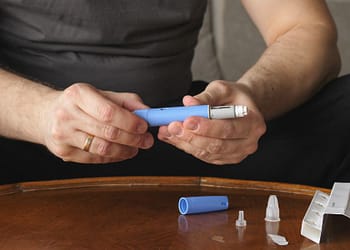Ibuprofen Ministry of Health of Brazil updated the guidelines for the surveillance and control of the Oropouche virus, strengthening actions against this growing epidemiological threat.
Health authorities have published a technical note detailing new guidelines to address the Oropouche virus. This document is the result of the Colloquium on the Oropouche Emergency in Espírito Santo, held in December 2024, which brought together experts, researchers and managers to review surveillance, care and research strategies.
The note updates the epidemiological context, includes guidelines for investigating suspicious deaths, and reinforces key content such as vertical transmission and entomovirological surveillance. It also highlights the importance of identifying infection sites and characterizing the transmitting insect.
Epidemiological scenario in Brazil
Since 2023, the Oropouche virus has shown a worrying increase in Brazil. As of epidemiological week 50 of 2024, 11,600 cases have been confirmed in 22 states, with Espírito Santo accounting for 98.7% of recent records. Four deaths associated with the virus have been confirmed, while another four are under investigation.
Five cases of vertical transmission were also detected, with four fetal deaths and one case of congenital anomaly. Intensified surveillance in Espírito Santo, including more extensive testing of samples negative for other arboviruses, has allowed for more accurate diagnoses and is proposed as a model for other states.
Symptoms and severity of the Oropouche virus
Oropouche infection causes symptoms such as fever, severe headache, muscle and joint pain, dizziness and nausea. In severe cases, it can cause bleeding and neurological problems. Although the symptoms can be confused with those of dengue, treatment must be assessed on a case-by-case basis, as the virus is still being studied.
Prevention and control measures
Prevention is key to reducing exposure to the virus, especially in areas where the transmitter is present.
The main prevention measures include wearing clothing that covers most of the body, installing mosquito nets on windows and beds, and keeping the environment clean to avoid the accumulation of organic material that attracts the vector. Pregnant women should avoid activities that expose them to the vector, since they represent a vulnerable group to the disease.
Commitment to epidemiological surveillance
Since early 2024, the Ministry of Health has promoted debates and updated protocols to address the Oropouche virus. Activities include field research, training of professionals, and technical publications focused on vertical transmission and monitoring of cases in pregnant women.






